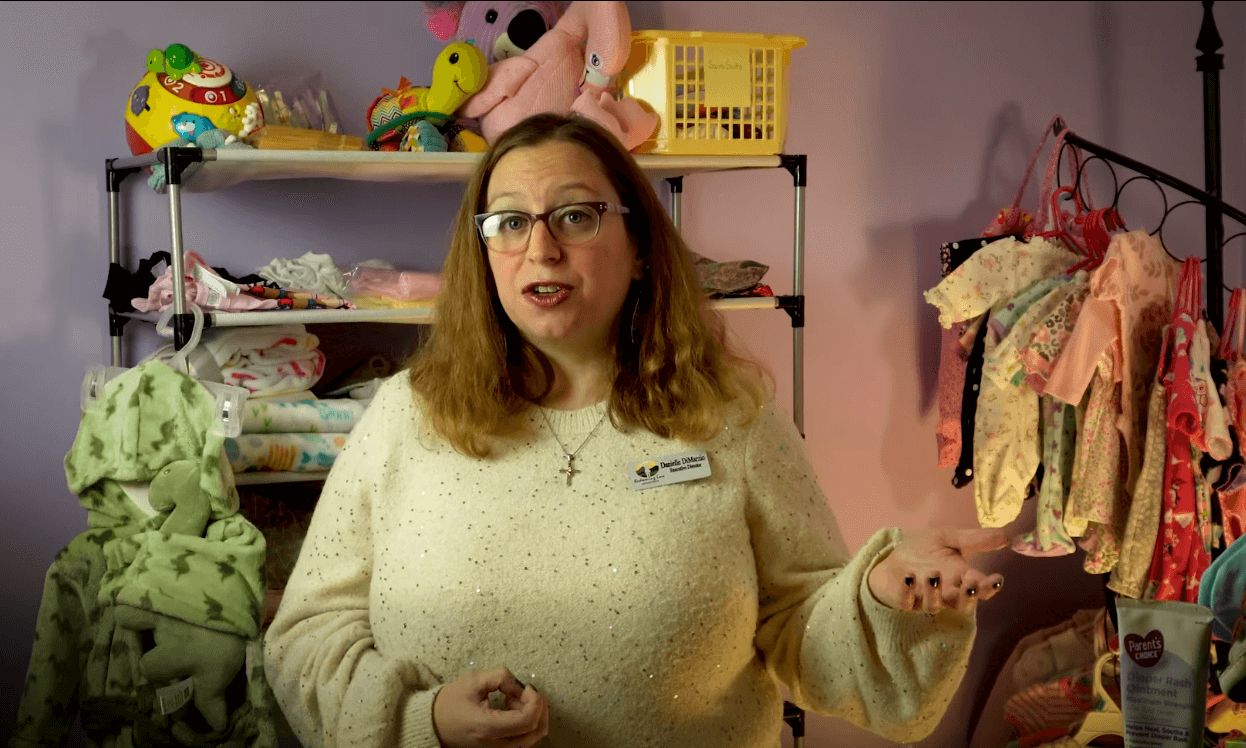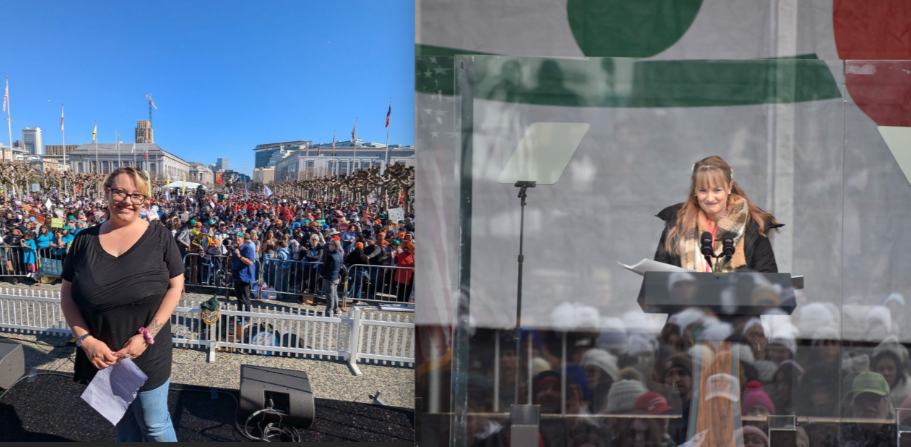A survivor of sexual assault which resulted in pregnancy at age 18, Cindy Speltz has been speaking out for decades on the value of every life regardless of the circumstances surrounding conception. Speltz is joined by her daughter in raising awareness on the sanctity of human life across the country.
“I was literally homeless, motherless, jobless, penniless, a teenager, pregnant by rape and I have an incurable rare physical disability,” Speltz told Pregnancy Help News.
Just 18 months after Roe v Wade legalized abortion across the U.S., the 18-year-old Speltz was told she was the “perfect candidate” for an abortion.
Speltz’s disability is epidermolysis bullosa, a rare genetic disorder that leaves the skin susceptible to blistering. There is no cure, and treatment is focused on infection prevention and mitigating further blistering.
Speltz’s daughter Jennifer inherited the condition and was in the hospital for a week after she was born due to the condition and jaundice.
[Click here to subscribe to Pregnancy Help News!]
While Speltz’s physical condition put her in the category of a “hard case” for abortion and rape frequently cited as justification for abortion, Speltz dismisses this line of thinking.
“By my testimony, I give you absolute proof that abortion is never necessary, ever!” Speltz said.
Tweet This: "By my testimony, I give you absolute proof that abortion is never necessary, ever!” - Cindy Speltz
The oldest of seven children, Speltz’s childhood was plagued with an alcoholic and abusive father. She and her siblings were made wards of the state and separated into various departments of a local orphanage. She recalled infants being left at the front door of the orphanage and older children like herself would be called upon to help care for the abandoned babies.
Speltz and her six siblings were abruptly taken out of the orphanage by their father shortly after their mother died. Their father moved them to another state, as court ordered by a judge. Their father frequently abandoned them in the decrepit home she called “the house of horrors.” The abandonment alternated with beatings.
With it being known about town that five young girls and two boys were often alone in this home, Speltz’s attacker would take advantage of this situation.
“He raped me and then he left,” she recalled.
Speltz did not know at the time that what happened was a crime. She likewise did not know to seek help from the authorities.
Eventually all five sisters would be raped by various perpetrators. Three-and-a-half months after the rape, Speltz learned she was pregnant.
“I know it’s a very ugly story, but it ends up really good,” Speltz said with joy in her voice.
Looking back 50 years she recognizes how with God all things are possible.
Speltz concealed her pregnancy from her father and sought shelter with different neighbors in the area throughout her pregnancy.
When it was time to have her baby, she was able to find a home close to the hospital in another town. Her options for shelter in her own community had diminished as rumors swirled about her pregnancy.
“Everybody was trying to get me to abort,” Speltz said. “I never revealed with my own mouth what happened to me. I did not tell a soul. I couldn’t put it all together. I was so shame-based, and fear-based, I couldn’t function.”
The man from the couple she was staying with told her as he drove her to the hospital as she was in labor, "You're not bringing that thing back to my home."
Shocked to hear those words, Speltz had never imagined that she wouldn’t get to have her baby. The days at the orphanage, she believed, prepared her to care for an infant.
In June 1975 Speltz gave birth to Jennifer.
“My inner healing began with her very first smile, her first tooth, her first words and her first steps,” she said. “My life was all about Jennifer NOT about the rape.”
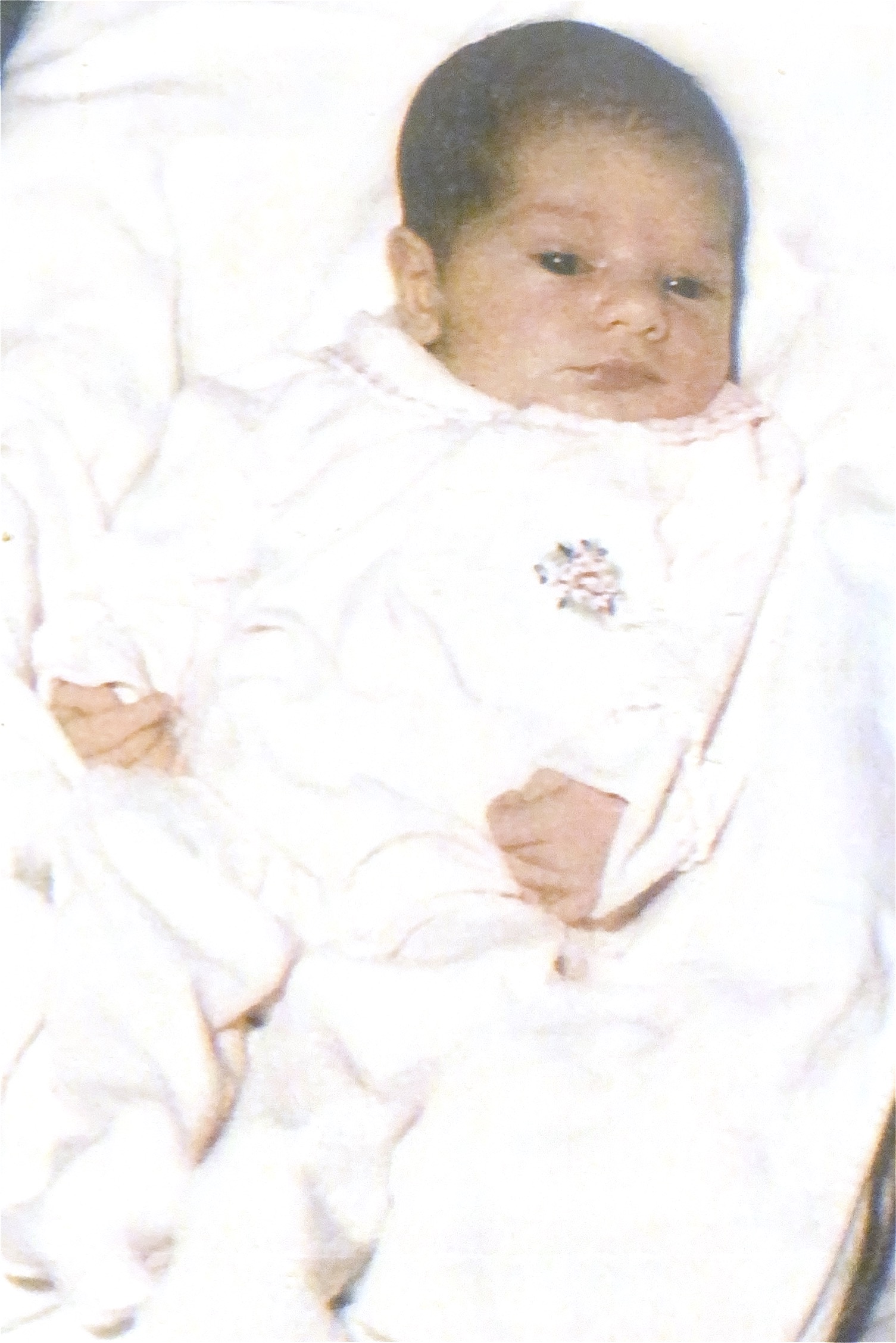
Although their early life was difficult, starting out with them literally living on the streets, Speltz excitedly recounted that her daughter is a “living superstar” who has graduated from college and become a wife and mother of five children.
“I saw life through her beautiful blue eyes,” Speltz said. “I’m so happy and proud of her and I love her. I never regretted raising her myself.”
After months of living in the streets going from one temporary shelter to another, finally, Speltz learned about government assistance and was able to find an apartment in another state.
Three years later Speltz married and had a second child, a son. Her husband abused her, cheated on her, was drinking and doing drugs as well as hurting her children. Speltz acted to protect her children and got her marriage annulled.
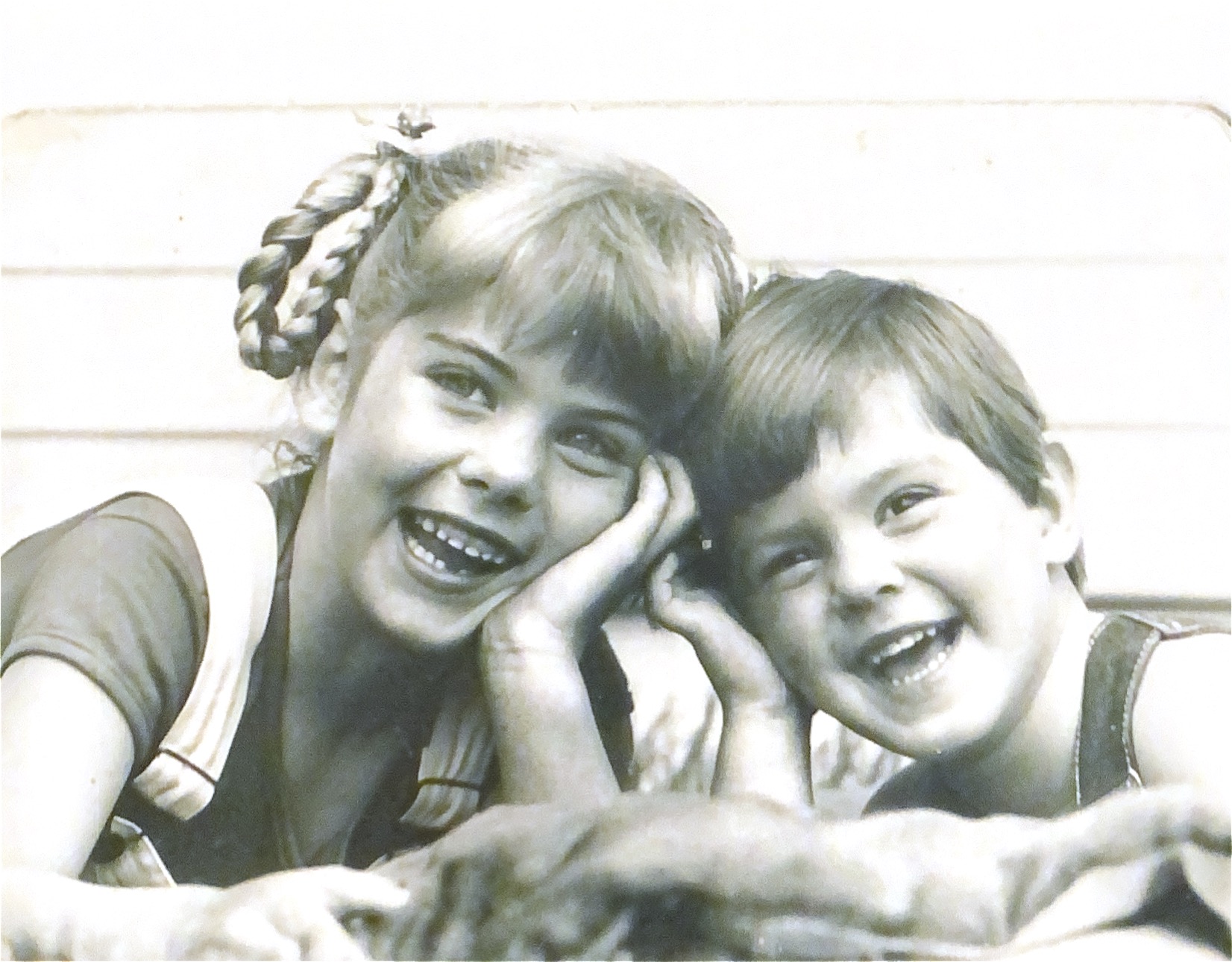
The next seven years she would raise her children on her own. She met her current husband Tom, to whom she has been married for 35 years. He became a loving father to her children, adopting them in 1991.
Jennifer was requested to testify at Connecticut General Assembly’s Human Services Committee in 2007.
“I first began to recognize that I had a story to tell when I was attending Junior High School,” said in her testimony.
“I distinctly remember one day as I walked down the hall with some friends and one said, ‘I don’t like abortion, I think it is wrong . . . but we have to keep it legal for cases of rape and incest.’” Jennifer said.
The words hit the core of her being, she said. She was the result of a rape and Jennifer went on to testify that the only advice her mom was given was to discard the “products of conception.”
“Needless to say, I am eternally grateful that she heeded that still small voice in her heart that told her that the life growing within her had a purpose and did not merit death,” she said.
“The circumstances of my, yours, or anyone’s conception, does not determine quality of life,” said Jennifer.
This was not the only opportunity Speltz and her daughter have taken to speak before a state legislature, and each time they have pointed out that the value of life is not in whether it is planned, wanted, or even physically perfect. Rather that every life God calls into existence is to be protected.
“I’m a mother, a wife, a grandma, a homemaker, I have seven grandkids,” Speltz said, beaming.
She sees this as her life’s work and takes delight in her two children who have been married to their spouses for 20 years.
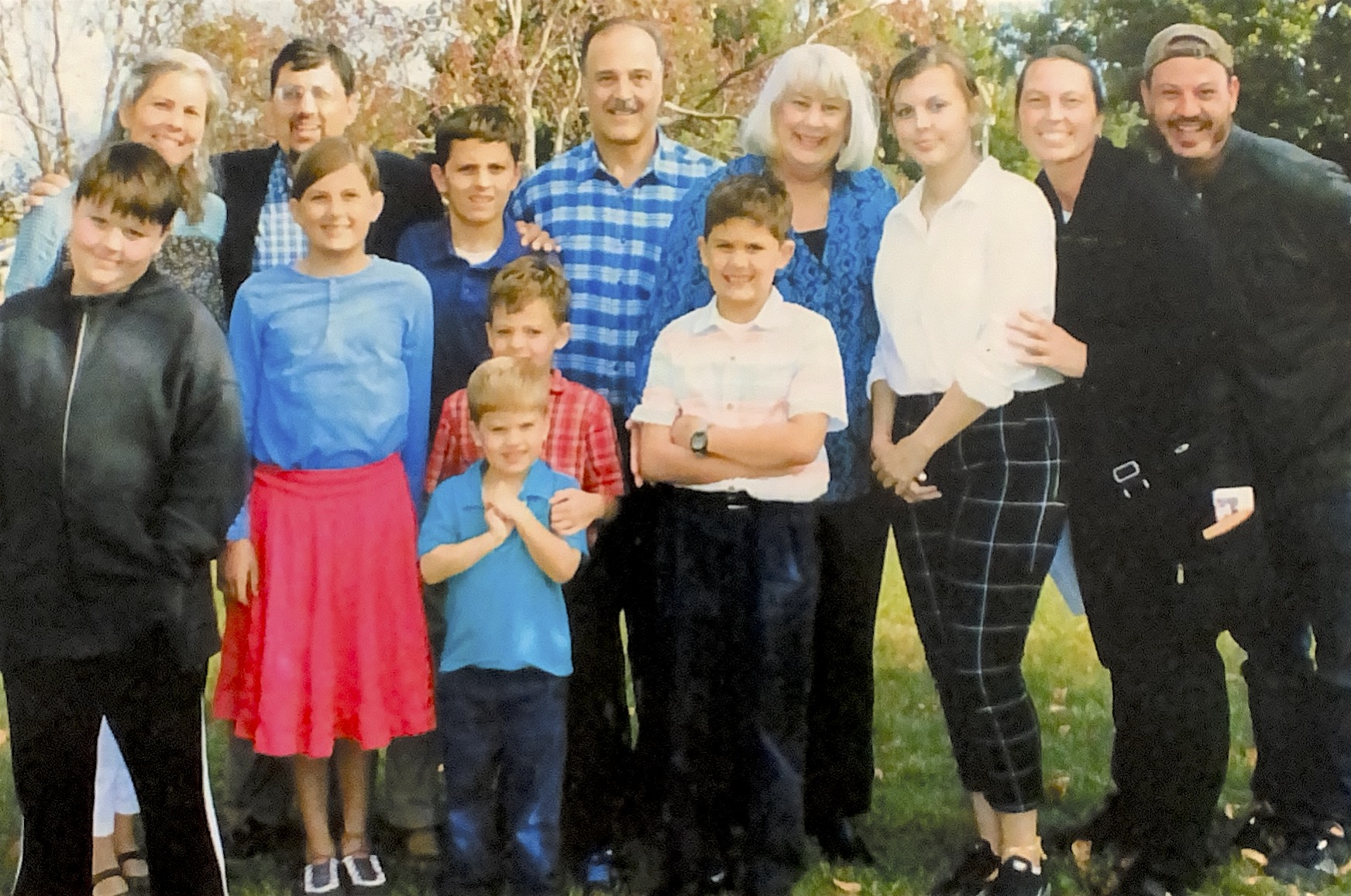
“I love my vocation as a grandmother and I do all I can to support them,” she said.
Speltz is also called upon to talk with rape victims.
She often begins with this statement, “The worst of it is over, how can we help you now?” Then she shares a vision that foregoes focusing on the past or guilt.
“I give them hope,” Speltz said. “All their decisions from this moment on have to be life giving. They are the witness for their own future. It has to be a life-giving decision.”
In summation of her story she concluded, “What I learned is that every child is sacred and destined for great good.”





